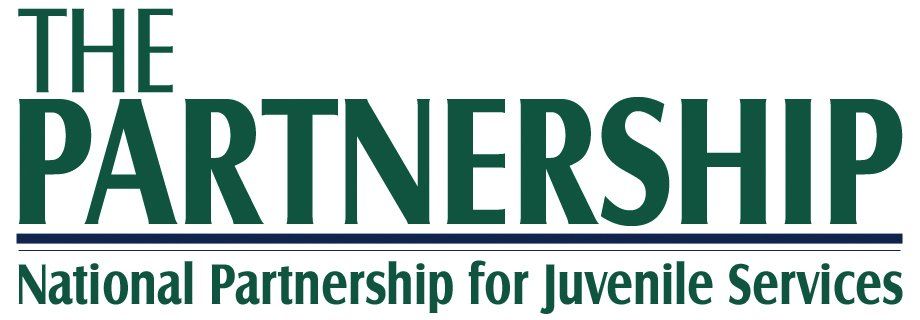JAJJS CrossMark Policy
CrossMark
The Journal of Applied Juvenile Justice Services participates in the Crossmark initiative. Crossmark is a multi-publisher initiative that offers readers a standard method to identify the current, authoritative version of a piece of published content. JAJJS affirms our commitment to maintaining a reliable Version of Record and strengthening integrity of the scholarly record by applying Crossmark policies to its publications. Beginning in 2023, JAJJS publications will feature the Crossmark button shown below. Clicking on the button will allow readers to view the status of a publication; for example, whether the content has been updated, corrected, or retracted, as well as any other valuable metadata JAJJS has provided to CrossRef.

We believe youth and families are best served when practitioners are able to access and apply rigorous contemporary research, and that research pertinent to the health and safety of youth and families should not be hidden behind a paywall. For this reason, the JAJJS has been entirely open access since our debut in 2014.
JAJJS may release post-publication corrections to alert readers to any changes to a published article. These corrections will be issued in the event that a published article contains errors or omissions of factual significance that impact the publication’s scholarly integrity, validity, or compliance with JAJJS policy. Authors have the opportunity to review a proof of the article for accuracy prior to publication. Authors may request corrections to a published article if it contains errors that significantly impact clarity, or interpretation. Post-publication corrections are made at the discretion of JAJJS Managing editor and editorial board.
Retraction
JAJJS follows Committee on Publication Ethics (COPE) guidelines on retractions.
JAJJS editorial board may consider retracting an article if:
- We have clear evidence that the results or the conclusions cannot be relied upon for any reason (e.g., as a result of major error, fabricated or falsified data, or present risk of harm if acted upon)
- The findings have previously been published elsewhere without (1) proper attribution; (2) obtaining permission to republish; or (3) disclosure to the editor
- The publication contains unauthorized data or material, reports unethical research (e.g., Human research conducted without appropriate IRB approval), or concerns of serious research misconduct arise
- There is a serious legal issue, for example, Copyright infringement, plagiarism, or if author(s) failed to disclose a major competing interest
- If the peer review process that led to publication is found to have been compromised or manipulated
- If authors have not resolved concerns raised on their article satisfactorily
If a retraction is necessary, JAJJS will release a notice of retraction to inform readers of major errors or breaches of scholarly integrity. The notice will clearly identify the reason(s) for retraction, and link to the retracted article. To uphold the integrity of scholarly record, JAJJS will not remove the article or parts of it unless legally required to do so (i.e.: violation of participant privacy, defamatory comments, potential risk of harm, etc.). While JAJJS does not seek or require author approval for retractions, authors will be notified and given the opportunity to provide comments.
